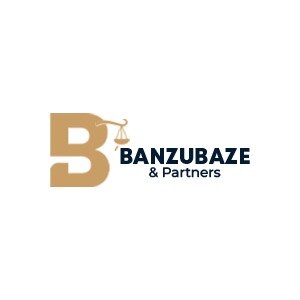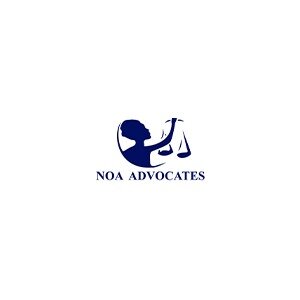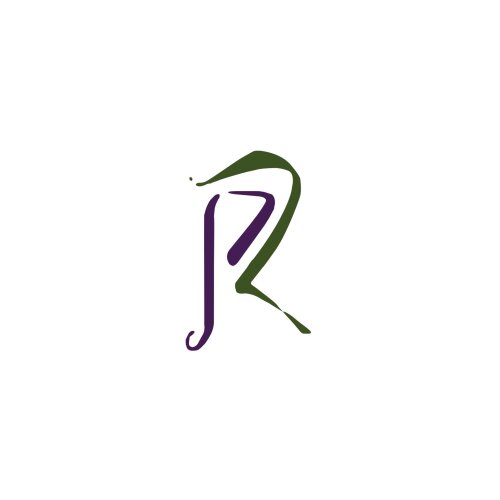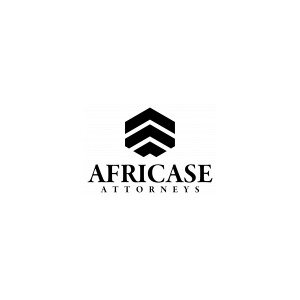Best Trademark Lawyers in Burundi
Share your needs with us, get contacted by law firms.
Free. Takes 2 min.
Or refine your search by selecting a city:
List of the best lawyers in Burundi
About Trademark Law in Burundi
Trademark law in Burundi is governed by the Industrial Property Law of 2006. A trademark is defined as any visible sign capable of distinguishing the goods or services of one enterprise from those of other enterprises. Registering a trademark provides the owner with exclusive rights to use the mark in relation to the specific goods or services covered by the registration.
Why You May Need a Lawyer
You may need a lawyer for assistance in registering a trademark, conducting a trademark search to ensure your mark is unique, protecting your trademark from infringement, and enforcing your rights against unauthorized use by others.
Local Laws Overview
Key aspects of trademark law in Burundi include the requirement of registration to establish rights, the first-to-file system, the protection of well-known trademarks, and the possibility of licensing or assigning trademarks.
Frequently Asked Questions
1. What is the process of registering a trademark in Burundi?
The process involves filing an application with the Burundi Intellectual Property Office, conducting a formal examination, publication in the Official Gazette, and issuance of a registration certificate.
2. How long does it take to register a trademark in Burundi?
The process typically takes around 12 to 18 months from the date of filing the application.
3. Can I apply for an international trademark in Burundi?
Yes, Burundi is a member of the Madrid System for the International Registration of Marks, allowing for the extension of protection to other member countries.
4. What are the grounds for refusing a trademark registration in Burundi?
Grounds for refusal include lack of distinctiveness, likelihood of confusion with existing marks, and violation of public order or morality.
5. How long does a trademark registration last in Burundi?
A trademark registration is valid for 10 years from the date of filing the application and can be renewed indefinitely for successive 10-year periods.
6. Can I license my trademark to another party in Burundi?
Yes, trademark owners can license their rights to other parties, subject to certain conditions and formalities.
7. What are the penalties for trademark infringement in Burundi?
Penalties for infringement include fines, damages, and injunctions to cease infringing activities.
8. How can I enforce my trademark rights in Burundi?
Enforcement actions may involve sending cease-and-desist letters, filing a complaint with the Intellectual Property Office, or initiating legal proceedings in court.
9. Can I conduct a trademark search on my own in Burundi?
While it is possible to conduct a preliminary search, it is recommended to seek professional assistance to ensure a comprehensive search is conducted.
10. Do I need a local representative to file a trademark application in Burundi?
Yes, foreign applicants are required to appoint a local representative for trademark applications in Burundi.
Additional Resources
For more information on trademark law in Burundi, you can visit the Burundi Intellectual Property Office website or consult with a local attorney specializing in intellectual property law.
Next Steps
If you require legal assistance with trademark matters in Burundi, it is advisable to contact a qualified attorney with experience in intellectual property law to guide you through the process of protecting your trademark rights.
Lawzana helps you find the best lawyers and law firms in Burundi through a curated and pre-screened list of qualified legal professionals. Our platform offers rankings and detailed profiles of attorneys and law firms, allowing you to compare based on practice areas, including Trademark, experience, and client feedback.
Each profile includes a description of the firm's areas of practice, client reviews, team members and partners, year of establishment, spoken languages, office locations, contact information, social media presence, and any published articles or resources. Most firms on our platform speak English and are experienced in both local and international legal matters.
Get a quote from top-rated law firms in Burundi — quickly, securely, and without unnecessary hassle.
Disclaimer:
The information provided on this page is for general informational purposes only and does not constitute legal advice. While we strive to ensure the accuracy and relevance of the content, legal information may change over time, and interpretations of the law can vary. You should always consult with a qualified legal professional for advice specific to your situation.
We disclaim all liability for actions taken or not taken based on the content of this page. If you believe any information is incorrect or outdated, please contact us, and we will review and update it where appropriate.
Browse trademark law firms by city in Burundi
Refine your search by selecting a city.











